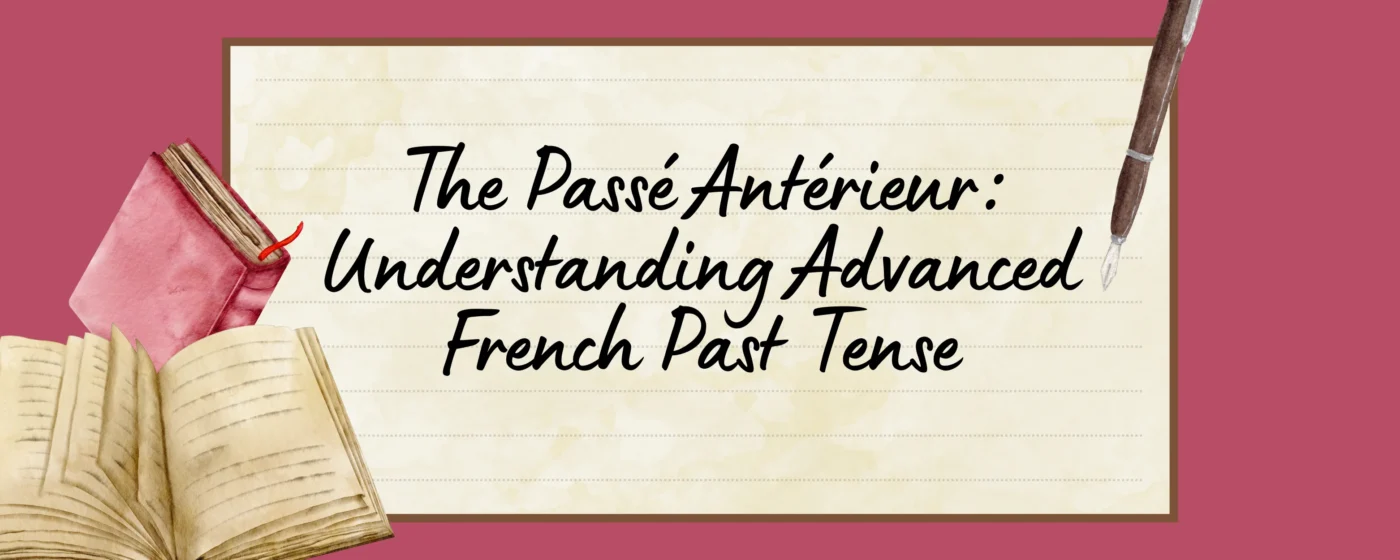To communicate courteously and properly, you need to understand French titles. In this blog, we explore the subtle differences between “Madame” and “Mademoiselle,” their cultural meanings, and how to use them appropriately. Speaking these titles fluently improves your interactions and demonstrates your cultural sensitivity, whether you’re learning French or planning a trip to France.
We also delve into the historical developments, changing conventions, and acronyms related to these terms to provide a thorough understanding of French etiquette.
“Madame” in French: Symbol of Respect
Similar to “Mrs.” in English, “Madame” holds great historical and cultural significance in French society. It has been customary to address married women, and it remains polite to do so when speaking to superiors or in formal situations.
Knowing how to use “Madame” correctly is important because the term carries cultural connotations. Regardless of their marital status, some women may prefer to be called by their first name or “Madame” to avoid assumptions. Using “Madame” can ensure polite and positive encounters in professional settings by communicating professionalism and respect.
Understanding faux amis is crucial for French learners. Check out this list of 20 Faux Amis to watch out for.
“Mademoiselle” in French: The Charm of Youth
The French word “Mademoiselle” means “Miss,” and people usually use it to refer to single ladies. It’s associated with youth, innocence, and perhaps light-hearted flirtation, especially in casual or social settings. However, its use has changed with time, and many now consider it condescending or out of date.
The term “Mademoiselle” is less frequently used now, reflecting a move towards gender neutrality and consideration for women’s individual preferences in language. Using “Mademoiselle” in social situations may still be suitable, but it’s important to be aware of the individual’s choice in order to maintain polite conversation.
The Abbreviations of Madame, Mademoiselle
French titles often have abbreviations used in writing, making communication more concise:
- Madame : Mme
- Mesdames : Mmes
- Mademoiselle : Mlle
- Mesdemoiselles : Mlles
These abbreviations are commonly seen in formal correspondence and documents, helping to maintain a polite and respectful tone.
Grammar Made Easy as Bonjour!
Our tutors guide you through tricky grammar points to make French a breeze.
When in France…
In France, it’s customary to address married ladies as “Madame” and single women as “Mademoiselle,” but it’s important to be mindful of cultural differences. The problematic use of “Mademoiselle” reflects changing ideas about gender and respect, as well as generational shifts. Given that younger generations typically favour courteous or gender-neutral modes of speech, it’s critical to be adaptable and mindful of personal preferences. To communicate respectfully, one must adjust to these changing standards and use names that reflect the equality and respect valued today.
Officially Banned
In 2012, officials in France removed the phrase “Mademoiselle” from official government documents due to its sexist connotations and presumption of a woman’s marital status. This decision was made in the context of a larger push for gender equality. Although “Mademoiselle” was criticized for being a delightful aspect of French culture, the prohibition shows how important it is to use polite, neutral language.
Comparable alterations have occurred in numerous nations, underscoring a worldwide movement towards gender inclusion. In an effort to promote a more inclusive use of language, the prohibition attempted to eliminate gender-based distinctions that many felt were pointless and unjust.
Conclusion
To improve your French language skills, consider online lessons and language exchange apps. Learning French goes beyond linguistic proficiency; it opens doors to cultural understanding and new perspectives. La Foret French Class offers a perfect starting point for this journey, providing resources and support to help you learn the French language and culture.
Frequently Asked Questions
Q: When does a man call you mademoiselle?
Ans: When someone refers to you as “mademoiselle,” it may convey flirtatiousness or youthfulness. Some could find it flattering, but others might think it’s out of style. It’s critical to take the situation and individual preferences into account. La Foret French Class provides language advice to assist you in negotiating these intricacies and grasping the meaning and applicability of certain phrases in different contexts.
Q: Is Madame only for married?
Ans: Although “Madame” is traditionally reserved for married women, it is becoming more and more customary to refer to all adult women, married or not. This change discourages presumptions and fosters respect. Visit La Foret French Class to learn more about polite communication and to receive advice on how to use these titles in various situations.
Q: Is calling someone mademoiselle flirting?
Ans: In social settings, especially, calling someone a “mademoiselle” can be interpreted as flirty. However, because of its archaic meaning, its usage has decreased. Visit La Forêt’s resources for additional information about contemporary French manners. You can communicate more effectively and prevent misunderstandings by being aware of the evolving conventions.
Q: Is mademoiselle respectful?
Ans: “Mademoiselle” can be polite, but it’s more commonly seen as condescending these days. Many use “Madame” to avoid assuming anything about marital status. It is essential to comprehend these subtleties in order to communicate with respect.La Foret French Class offers cultural advice to improve your French conversations so you can speak to others in a way that reflects the modern values of equality and respect.





